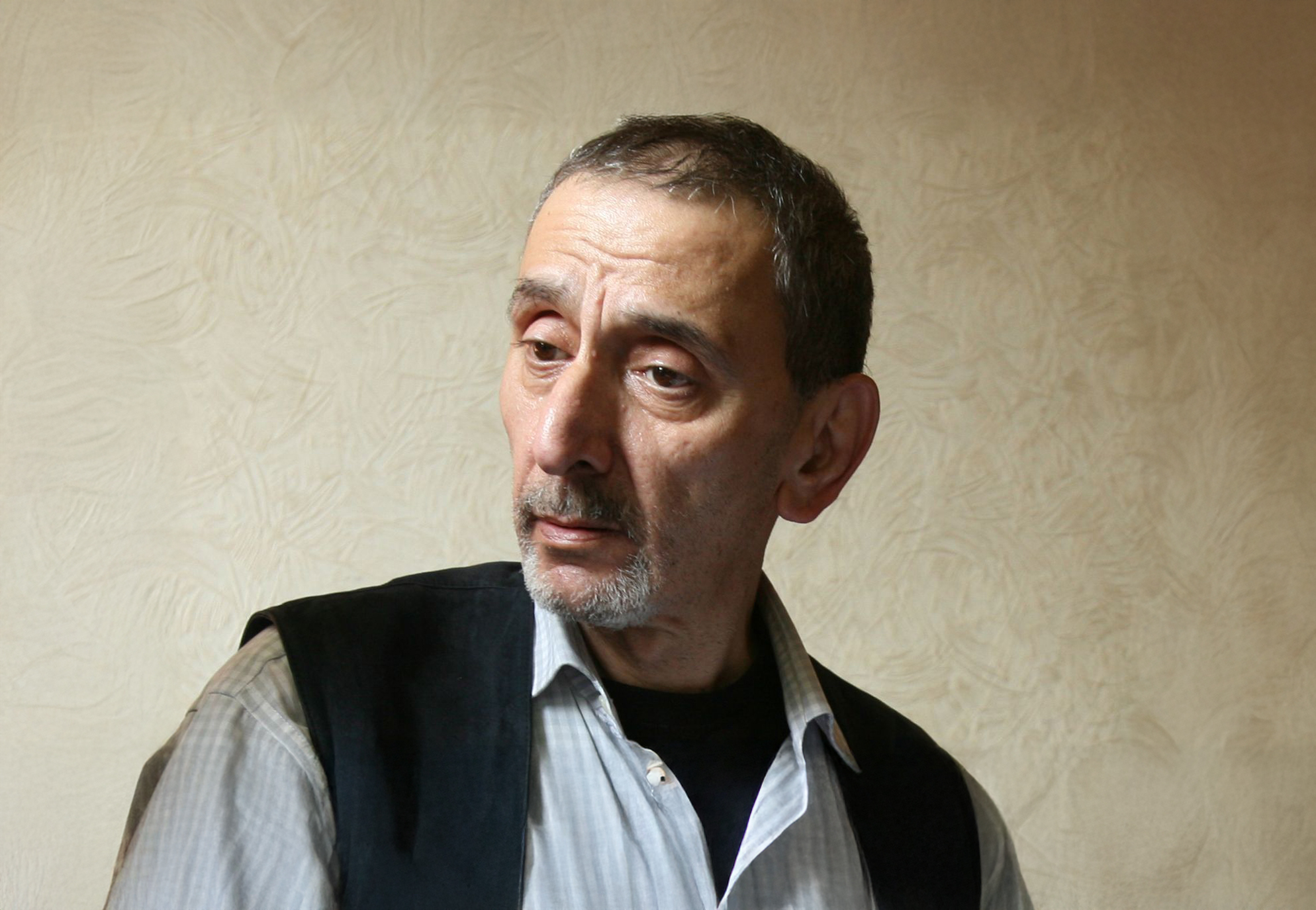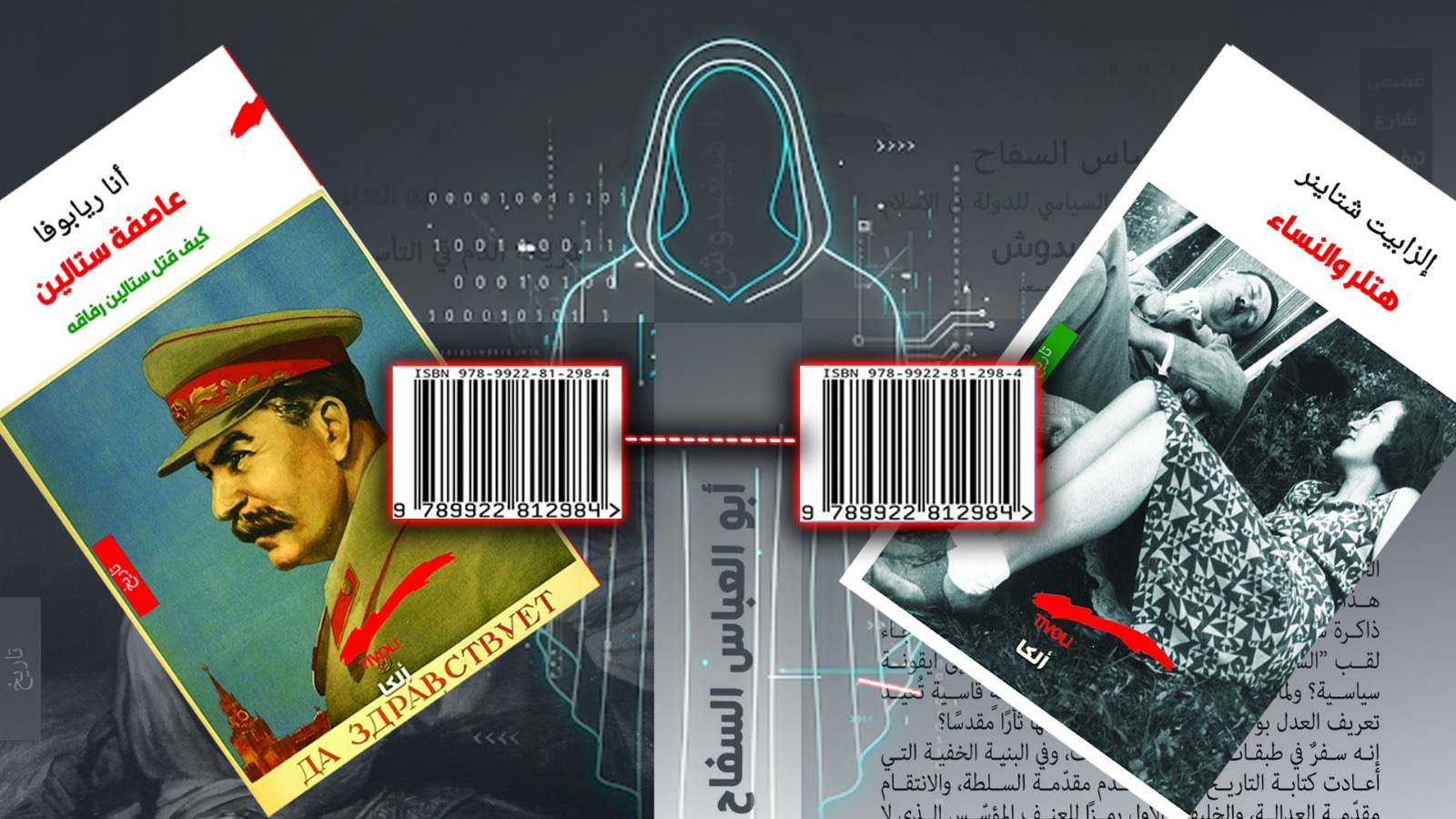Ziad Rahbani: An Example of ‘Class Suicide’

Last month, the legendary Arab musician and playwright Ziad Rahbani passed away in Beirut. In all their ethnic and religious diversity, the Lebanese people mourned his death. At the funeral, a friend of his, the famous Lebanese poet Talal Haydar, was asked to comment on Ziad’s passing and what Lebanon had lost. He responded, “Lebanon lost itself.”
Ziad Rahbani hailed from a prominent musical family. His father, Assi, and his mother, Fairuz, were respected members of the Rahbani family, which played a crucial role in modernizing Arabic music. The Rahbani family’s creative musical contributions set standards that are difficult to surpass. Fairuz’s voice can be heard in nearly every corner of the Arab world and beyond. Children of such iconic figures often become mere extensions of their parents’ legacy. Overwhelmed by the immense burden of having to live up to the success of their parents, they can struggle to find their own autonomous voice.
However, Ziad was not just a musician—he was also deeply politically committed to his leftist convictions.
Ziad Rahbani’s talent for composition emerged early. At the age of 15, in 1971, he composed the famous song Saalouny El Nas (The People Asked Me(, performed by Fairuz in the 1973 play Al Mahatta (The Station). This impactful song, considered as one of Fairuz’s most famous songs, introduced Ziad as a composer within the Rahbani family. The song also paved the way to a several decades-long collaboration with Fairuz. However, Ziad was not just a musician—he was also deeply politically committed to his leftist convictions.
Ziad Rahbani as an organic musician
Ziad Rahbani recalls that his class consciousness and politicization began early, when he was taken to school as a child in a private car. When the car stopped at a traffic light, he saw children of the same age as himself run up to his car to beg for money. That marked a turning point in Ziad’s class consciousness, leading him to ask: “Why do I have money and others do not?”
In this sense, Ziad truly represents what the Italian Marxist philosopher Antonio Gramsci called an “organic intellectual”
This transformative experience later led him to embrace what Amílcar Cabral, the African revolutionary leader, described as the concept of “class suicide” in revolutionary theory. It refers to the deliberate renunciation of class interests—particularly by the petty bourgeoisie—in service of a revolutionary national liberation struggle. Through their music and theater works, Ziad’s family has risen to an elite status. Born into this privilege, Ziad, with his commitments, embodied the concept of “class suicide” through his music and political activism. His work fought against corruption, thematized class struggle, and advocated socialist ideals. In this sense, Ziad truly represents what the Italian Marxist philosopher Antonio Gramsci called an “organic intellectual”—an intellectual who speaks the truth to change the conditions of marginalized, working-class, and oppressed people.
As an internationalist leftist, he stood in solidarity with the oppressed people suffering and struggling under colonialism and capitalism. When the political thinker and the leader of the Kurdistan Workers’ Party (PKK), Abdullah Öcalan, was abducted in Kenya in 1999, Ziad composed a musical piece and dedicated it to Öcalan. The song is titled Diyarbekir (Amed in Kurdish), after a Kurdish city in Bakur (Northern Kurdistan), located in southeastern Turkey, which, in the national imagination of the Kurdish people, is the capital of Kurdistan
Committed Music
The message conveyed in this song is that love should transcend societal expectations and class-based norms
Ziad’s radical contribution to music lies in his ability to reject fixed categories. He harmoniously combines a wide and diverse mix of musical styles, such as classical eastern and western music, jazz, blues, Latin rhythms, and improvisational opera, without making any style superior to another. However, despite having been influenced by western musical styles, the soul of his art was deeply rooted in the soil of Lebanon. As he pointed out, “…my music is not western, it is Lebanese, with a different way of expression.”
Thematically, Ziad strongly politicized music to critique socio-political realities in Lebanon, particularly during and after the civil war, addressing issues such as civil war, sectarianism, poverty, and political corruption in songs performed in his 1974 musical play Nazl El Sourour (Hotel Happiness). Even his romantic songs were highly politicized and not exempt from his harsh critiques. He challenged the commodification and monetization of love in songs like Bala Wala Shi (I Love You Without Anything), which is a cry against the capitalist absurdity that renders the most intimate relations into mere transactions: “There is no money in this love… no lands… no jewelry.” Accordingly, such love can only thrive in collective ownership: “Let’s sit in the shade… this shade is for nobody.” The message conveyed in this song is that love should transcend societal expectations and class-based norms and, instead, rest on egalitarian and non-hierarchical grounds.
Marked by raw, urban, and ironic tones, Ziad’s artistic work brought realism and social critique to Lebanese music. In doing so, Ziad symbolically killed the parental authority (Fairuz and Assi Rahbani) that had been fostering mythic and national romanticism.
Theater as a stage of protest
While the traditional Rahbani theatre, driven by national romanticism, dealt with social issues in Lebanese society in harmonized and simplified ways through idealistic, folkloric, poetic, musical, and moralistic narratives, Ziad Rahbani’s theatre, rooted in class struggle, went beyond such narratives. He used theatrical devices like irony, sarcasm, and humor to disrupt the political discourse and the status quo, exposing the contradictions and anxieties faced in the people’s daily lives. This is characteristic of philosophical leftism, which rejects the system and struggles to overcome it by dealing with contradictions in society instead of presenting a sense of harmony. This was strongly illustrated in his 1983 play Shi Fashel (A Total Failure ), where he strongly criticized the educational system and administrative corruption.
Ziad’s pessimism, which dominated his life, should not however be reduced to mere hopelessness. It is, rather, a strong and existential critique of the status quo of reality.
In Nazl el-Souror (Happiness Hotel), Ziad critiques Lebanon’s class system and highlights how the poor are humiliated, marginalized, and forced to trade their dignity for daily survival. The play also shows that much like many failed national liberation movements, revolution when it comes, does not necessarily bring radical change but rather reproduces the same power structures of the system it claims to overthrow. The play shows that revolution is only performative, creating passivity and the illusion of change, and it is plagued by corruption. In this way, Ziad critiques the morals of pseudo-revolutionaries and their lack of sympathy and care for the people.
In his 1978 play Bennesbeh Labokra Chou? (What About Tomorrow?), Ziad criticizes how war and capitalism degrade human values such as love and morality through commodification. In this piece about visions for the future, Ziad offers a bleak picture of times to come, dominated by the inability of Lebanese society to confront its structural problems. Hope did not exist in his lexicon after the long tragedy of the Lebanese Civil War, which only brought destruction to the human soul in the absence of viable and democratic change. Ziad’s pessimism, which dominated his life, should not however be reduced to mere hopelessness. It is, rather, a strong and existential critique of the status quo of reality.
Set during the Lebanese Civil War in a psychiatric hospital that houses people psychologically affected by the war, the play Film Ameriki Tawil (A Long American Movie) (1980), portrays individuals damaged by war and societal chaos and their struggles with identity, reality, and political contradictions. It also critically deals with political disillusionment, sectarianism and exclusion, and the absurdity of political and social divisions that dominated Lebanese society.
Ziad Rahbani’s life and work were a true representation of the act of ‘class suicide.’
In all his attempts to critique the societal problems, Ziad’s theatrical core purpose was to reclaim the dignity of the people that had been heavily damaged, as presented in his play Bi Khsous al Karameh wal Shaab al Anid (On Dignity and Stubborn People) in 1993.
Ziad Rahbani’s life and work were a true representation of the act of “class suicide.” He consciously rejected many aspects of a privileged life to live and dedicate his work to the underprivileged and working-class people. Given the privileges he had, he could have merely remained an heir of a celebrated cultural dynasty. Instead, through his work, he dismantled and exposed the ills of the power structure through music and theatre. In doing so, he carried forward the legacy of the organic intellectual.
Cihad Hammy
Cihad Hammy studies English and American Studies (Master’s) at the University of Hamburg. He is a researcher and the co-editor of Rojava in Focus: Critical Dialogues.



